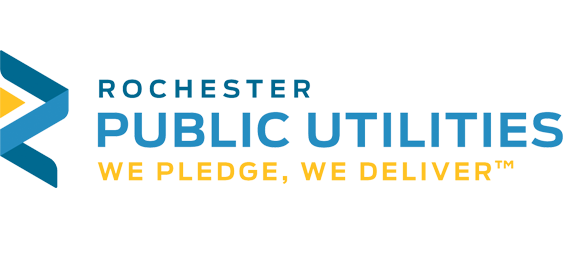.png)
WHAT IS THE TIME-OF-USE RATE?
The Residential Time-of-Use (TOU) Rate may give you the opportunity to lower your annual energy costs by changing when you use electricity. However, if you use electricity during peak hours or excessive electricity during off-peak hours, your costs may be higher while participating in this program.
To learn all about the TOU Rate, please watch the following informative video and read our Frequently Asked Questions.
It’s important to note that no refunds will be given if the rate results in a higher bill. You can decide to leave the TOU rate without penalty at any time with a 45-day notice; however, you will not be allowed back on. Terms and conditions for all rates can be found here.
FREQUENTLY ASKED QUESTIONS (FAQs)
If you have further questions, please email TOU@rpu.org or call 507-280-1500 to speak to an RPU Customer Care Advisor. Click here to download a PDF of these FAQs.
HOW TO ENROLL
To request an enrollment form, please email us at TOU@rpu.org or call RPU Customer Care at 507-280-1500.
TIME OF USE CALCULATOR
Controlling and shifting your energy load is good for the grid as well as your wallet. Load shifting is not a new concept, but has come into focus in recent years due to energy costs and grid resilience. Load shifting could be as simple as using a timer on your appliances, or a remote control of devices such as lighting, stove or sauna. Signing up for TOU Rate while shifting your load, could result in additional savings.
Want to know if Time-Of-Use (TOU) rate is a good option for your household?
Find out by entering your average monthly usage in kWh. Keep in mind that summer months are considered a higher usage months due to air conditioning. However, if you have electric heat, your winter months might be on the high end as well.
You can access the last 12 months of your usage by logging into your account portal here. For Current rates see the FAQ document above.
Next, estimate a percentage of your energy usage which you could shift to Off-Peak Hours of 10PM-8AM and Weekends. Examples of such activities would be:
- Scheduling or delaying your dishwasher to run overnight. Saving your laundry chores for the Weekend.
- Setting your thermostat to a precooling mode during off-peak hours, or using a scheduling mode to optimize operations around your schedule.
- Charging your EV overnight, after 10PM.
